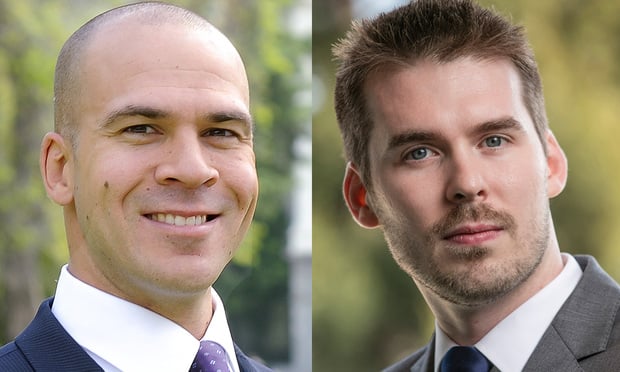“Give me liberty or give me death” was a great slogan for rallying partisans to charge British muskets in 1776. It’s a terrible public health philosophy in the 2020 coronavirus pandemic. State governors encouraging or ordering you to wear a mask are not liberty-thieving tyrants—they have your life and the public interest in hand and lawful powers to enforce their orders.
The public health expert consensus is that wearing a mask in public is a key countermeasure in combating the coronavirus pandemic because it helps slow the infection rate. Even cloth face masks can help curb community spread of coronavirus, in part by reducing transmission by people who are infected but experience no symptoms.
This content has been archived. It is available through our partners, LexisNexis® and Bloomberg Law.
To view this content, please continue to their sites.
Not a Lexis Subscriber?
Subscribe Now
Not a Bloomberg Law Subscriber?
Subscribe Now
LexisNexis® and Bloomberg Law are third party online distributors of the broad collection of current and archived versions of ALM's legal news publications. LexisNexis® and Bloomberg Law customers are able to access and use ALM's content, including content from the National Law Journal, The American Lawyer, Legaltech News, The New York Law Journal, and Corporate Counsel, as well as other sources of legal information.
For questions call 1-877-256-2472 or contact us at [email protected]


 Stephen M. Duvernay, left, and Brandon V. Stracener, right, Senior Research Fellow of California Constitution Center at UC Berkeley School of Law.
Stephen M. Duvernay, left, and Brandon V. Stracener, right, Senior Research Fellow of California Constitution Center at UC Berkeley School of Law.




